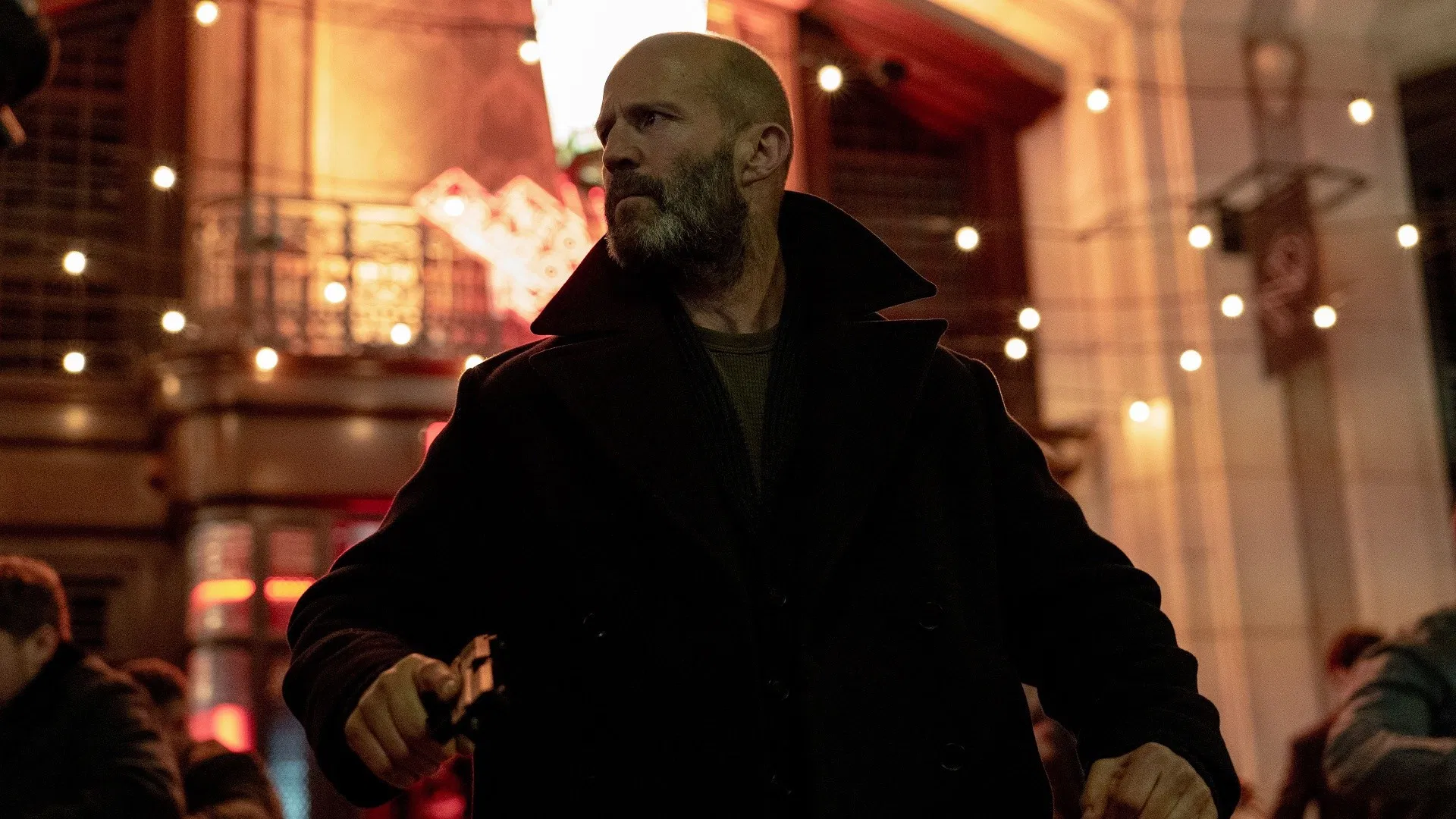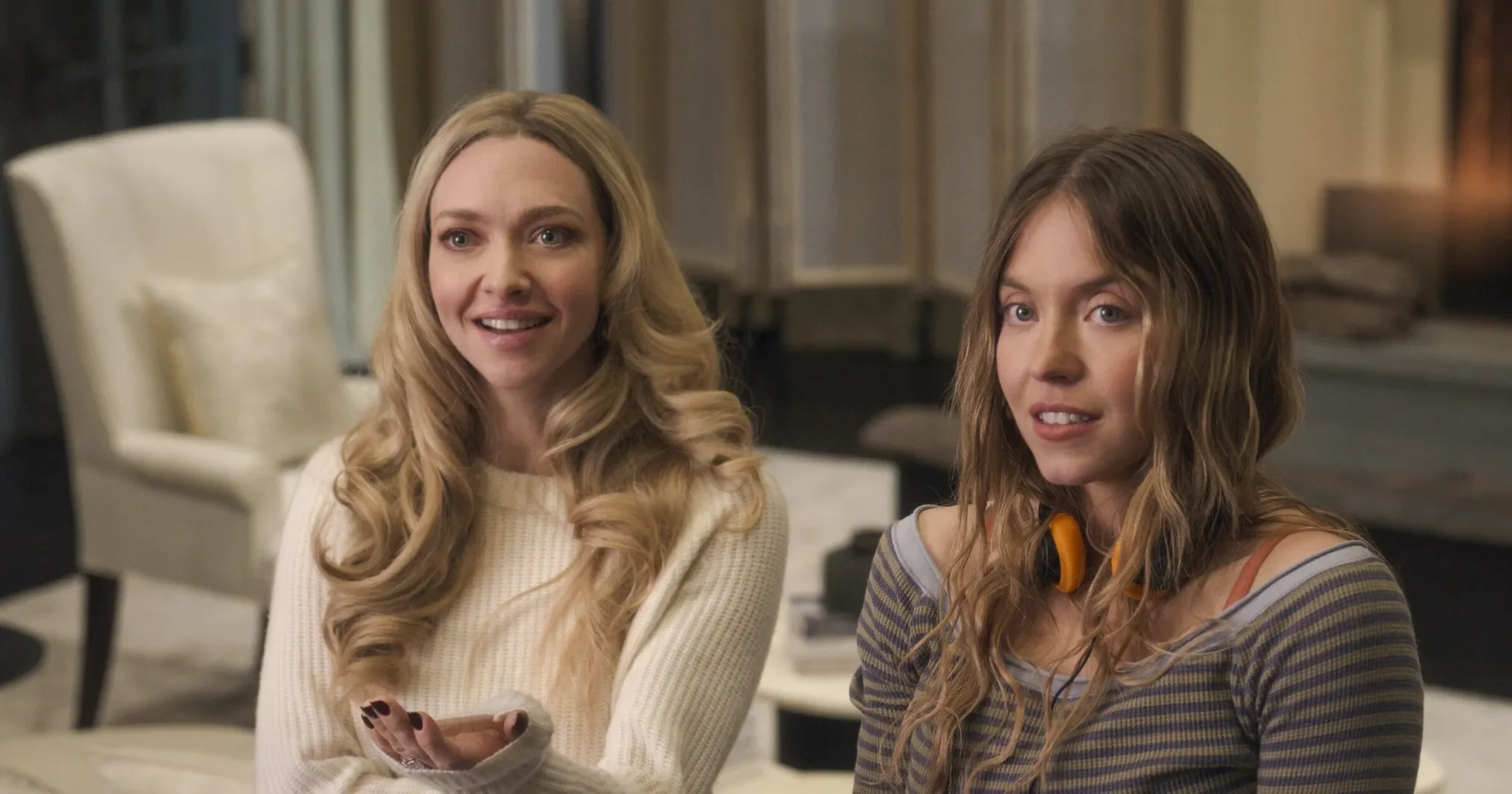‘Open Endings’ REVIEW: Loving by Choice and by Chance
‘Open Endings’ REVIEW: Loving by Choice and by Chance
This review contains minor spoilers ahead.
I have always wondered why queer representation is limited to either of the two: (1) the protagonist gets the happy ending they unrealistically deserve, or (2) heaven and hell crash upon them as they forever live miserably in a world where loving the same gender is the greatest sin.
Open Endings, a queer film directed by Nigel Santos and an entry to this year's Cinemalaya Film Festival, gives a refreshing and intimate portrayal of modern sapphic relationships in a world where choices and time matter.
Charlie (Janella Salvador), Kit (Klea Pineda), Mihan (Leanna Mamonong), and Hannah (Jasmine Curtin-Smith) in Open Endings | Photo courtesy of Manila Standard
Charlie, played by Janella Salvador, showcases a fun character as she navigates her way after her breakup. Jasmine Curtis-Smith portrays Hannah with a composed and determined presence as she learns to cope with grief by exploring and meeting new people. Klea Pineda’s Kit embodies the warmth and reliability of a truly supportive friend, while Leanne Mamonong’s Mihan reveals how a tough exterior can conceal the warmest and softest heart.
The film's sapphic representation is not just about the characters' personalities, both physically and emotionally. Even if Nigel Santos’ Open Endings captured this dynamic beautifully, the laughter inside the cinemas from scene to scene reveals how effective their lines are in portraying emotional drives to a deeper internal struggle. Each character has something to offer, both in narrative and emotional depth.
Mihan (Leanna Mamonong), Kit (Klea Pineda), and Charlie (Janella Salvador) in Open Endings | Photo courtesy of Cinemalaya
Charlie’s vibrant character allows the audience to grasp the complexities faced by women in same-sex relationships, especially when it involves decisions from both parties. Even when seeking assurance, choices between what to do and what not to do — especially with a partner — often circle back to unsettling, unanswered questions.
As the film starts, we see how Charlie’s contentment with her relationship leads to a more complicated decision of choosing between her friends and her partner. These emotional drives are summed up essentially after she gets the support she desires from Hannah, Kit, and Mihan. It is always important to ask, “What kind of support do you actually need?” The concept of a “support system” revolves around how friendship often takes the center stage as Charlie drives around her choices and connections.
Hannah’s loving and warm personality may always make you feel at home — and this is what many queer women long for. In a world that often overlooks and underrepresents them, the courage to love despite uncertainty becomes what truly matters.
The struggle between truth and feelings can always be on the way. Her character portrays how the distance between time and truth has an abundant consequence. The ability to keep everything to yourself and eventually find a way to fix these broken lines is evidently a double-edged sword, especially in the scene where she reveals the truth about her current partner. The complexity of asking, “How do I gain their trust after keeping it all to myself?” also captures the film’s emotional tone, reflecting Hannah’s narrative.
Kit’s constant presence and willingness to defend her friends also deserve recognition. Her character represents queer women whose religious parents often restrict them from fully embracing who they are, which is another important representation when it comes to queer films.
Her character also pushes for a wider recognition of queer identities’ direction and clarity. At times, adherence to our families’ religious values can limit the ways we communicate or express ourselves at work and at home. Kit’s personality and self-expression are another crucial factor that adds depth to the film, especially in forming relationships, building bonds, and knowing your limits.
Lastly, Mihan’s fear of loving — driven by too many uncertainties — forces her to shut out the people around her, symbolizing the struggles that many queer women face. Her ability to adjust accordingly also reflects how queer women have always learned to compromise for the people around them.
Mihan’s emotional vulnerability is another element I want to highlight. Fear and pride almost always hinder the truths behind what we truly feel, and this is mostly apparent in her character. It is always easy to think about the act of opening up as direct and simple, but its layers of puzzled feelings and unspoken fears expose what it is truly like.
Mihan (Leanna Mamonong) and Hannah (Jasmine Curtin-Smith) in Open Endings | Photo courtesy of Cinemalaya
The film dives deeper into how friendships and relationships operate within the modern world. The many factors that forcibly limit the characters’ ability to love and go beyond simply saying “I love you” evoke an important reflection among audiences about the realities of women loving women. Is it still worth it? Can I go beyond showing her that I love her? What differentiates me from her current choices? And most importantly, how do I know that I still have what it takes?
Open Endings reveals all the unspoken things we have always longed to say at one point. After all, our enemy may have just been ourselves, limiting us from doing and living better. It may also be the system that prohibits us from going beyond loving the people we truly care about. Either way, the film showcases an in-depth understanding of emotional complexities and systemic restraints, which reflect on the real-life struggles of queer women navigating their places through love, acceptance, and friendship.











